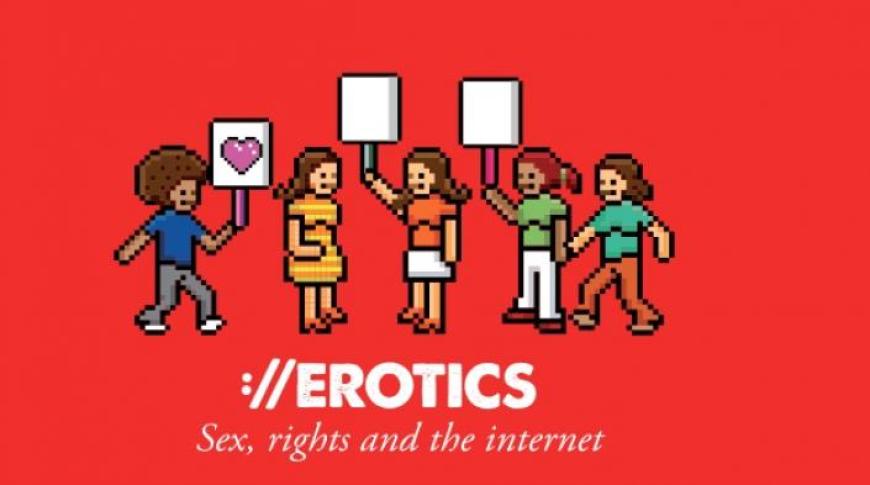
This breakthrough study carried out in Brazil, India, Lebanon, South Africa & USA looks at how the internet plays host to critical information about sex education, health, fighting sex discrimination and defining one’s own sexuality. It debunks the commonly-held view that sexuality online is just about pornography.
Download EROTICS: Sex, rights and the internet published in July 2011 or an executive summary.
The EROTICS project took place between June 2008 and June 2011. The primary research goal was to respond to the question:
How may emerging debates and the growing practice of online content regulation either impede or facilitate the different ways women use the internet and the impact on their sexual expression, sexualities and sexual health practices, and the assertion of their sexual rights?
Each of the country teams engaged with diverse sections of society and communities, including young women (India), library users and particularly young people among them (US), transgender people (South Africa), lesbian women (Lebanon, India and Brazil), sexual rights advocates (Lebanon and Brazil), social networking users (all countries) and men who advocate for relationships with young people (Brazil).
The five EROTICS country reports map the current landscape of sexual and internet rights, and examine the value of the internet in the exercise of rights by people of diverse sexualities:
-
The South Africa report unpacks in detail how transgendered women and men converge at a popular transgender site to share their struggles in transitioning, including treatment options, unlearning dominant gender norms, celebration of achieved milestones and exchange of experiences in discrimination faced.
-
The Lebanon report highlights how the registration of www.gaylebanon.com – also the only known website to face legal prosecution in the country – has come to be recognised as the beginning of an organised movement.
-
The Brazilian report documents the “Mega No” online campaign against a proposed law that could significantly hamper the free flow of information on sexuality and sexual health online, and demonstrates the impact of civil society engagement and mass mobilisation of support through the internet.
-
The India report uncovers ways in which young women are able to push the boundaries of cultural and social barriers that place intense scrutiny on their sexuality.
-
The US report highlights that young people under the age of 17 are unable to access unfiltered content in publicly funded libraries. Added to the lack of comprehensive sex education in schools, this may place them at risk by denying them access to critical information.
The report is divided into the following chapters:
-
Emerging threads and common gaps: A synthesis – Jac sm Kee
-
Brazil: Internet regulation and sexual politics in Brazil – Sonia Corrêa, Marina Maria and Jandira Queiroz (Sexuality Policy Watch) and Bruno Dallacort Zilli and Horacio Federico Sívori (Latin American Center on Sexuality and Human Rights, CLAM)
-
India: Negotiating intimacy and harm: Female internet users in Mumbai – Manjima Bhattacharjya and Maya Indira Ganesh
-
Lebanon: Who’s afraid of the big bad internet? – Nadine Moawad and Tamara Qiblaw
-
South Africa: The internet and sexual identities: Exploring transgender and lesbian use of the internet in South Africa – Jeanne Prinsloo and Nicolene C. McLean (Rhodes University) and Relebohile Moletsane (University of KwaZulu-Natal)
-
United States: Restricted access to information: Youth and sexuality – Kevicha Echols and Melissa Ditmore, Sex Work Awareness.